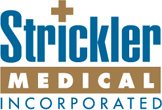HEALTHCARE MILLENNIALS AND TIES TO TECHNOLOGY
Don’t Hassle It … Harness It!
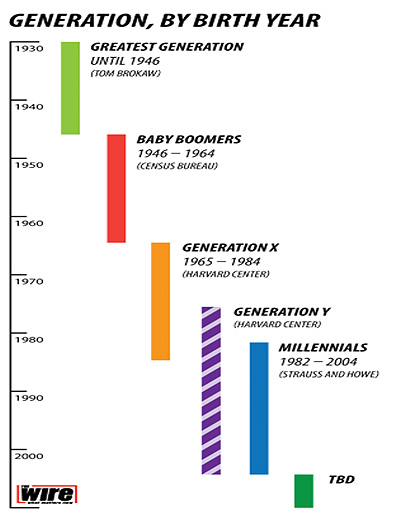 Millennials in the Healthcare Workforce
Millennials in the Healthcare Workforce
In a previous Strickler Medical Monthly Message, we detailed the challenges for health care hiring managers to attract and retain quality workers from this Gen Y pool. Understanding and willingness to respond to their unique expectations, desires and motivations is increasingly essential to maximize productivity, enhance retention of star players and attract new talent.
Millennials and BYOD – Bring Your Own Device
Millennials were nurtured from their mother’s laptop (sorry … couldn’t resist) on using the internet and mobile devices. Technology is part of their DNA, both personally and professionally. Their expectations are to have job related access to interconnected technology.
Among the chief concerns to healthcare senior management, IT professionals and Millennials is the issue of BYOD – Bring Your Own Device – for use on the job. From the perspective of management, BYOD raises a series of questions and risks relating to hospital data storage, security, employee accountability and patient privacy.
How healthcare employers permit the use of technology is a major factor in the Millennial perception of an ideal workplace. Millennials expect BYOD as an entitlement … not a banned resource. That said, banning BYOD use is likely to be futile … they are going to do it anyway. So don’t hassle it, harness it. Why give valued talent a reason to change employers?
Millennial Profiles … a Fact of Life
In this article, we’ll tackle best practices for a fruitful BYOD program with an eye to the concerns and desires of both management and the Millennial workforce. First, let’s take a look at four significant elements in the profile of Millennials, supported by a Halogen Software study.
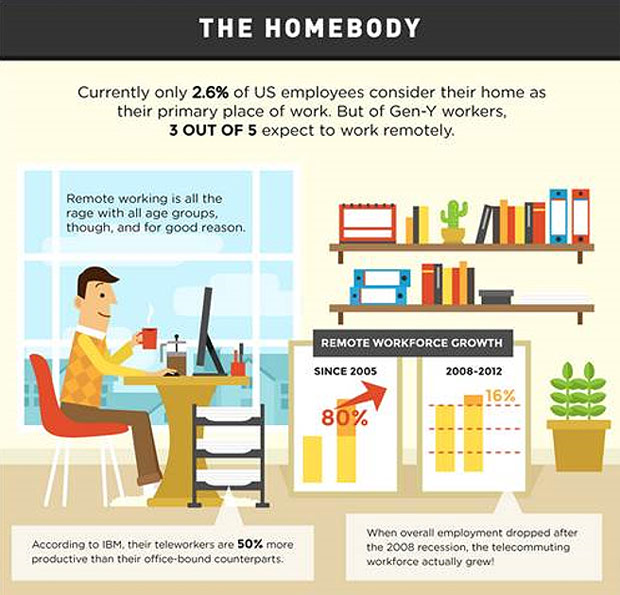
Most Millennials expect to be available as needed by employers. As needs arise, that includes the ability to work from home to enhance work-life balance, e.g. take care of sick kids or make an appointment for a personal necessity while still getting the job done.
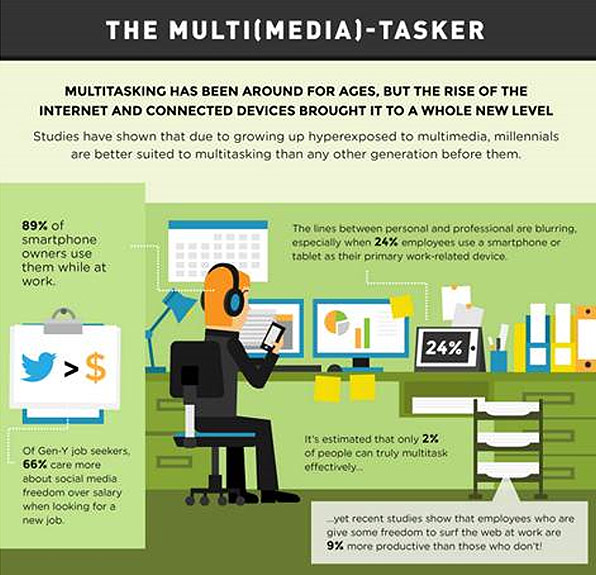
Millennials Are Multi-taskers. Uniquely, they don’t require a linear approach to job performance where one task is completed before beginning another … quite the opposite. Millennials are adept at switching from project to project, including swapping out one device for another.
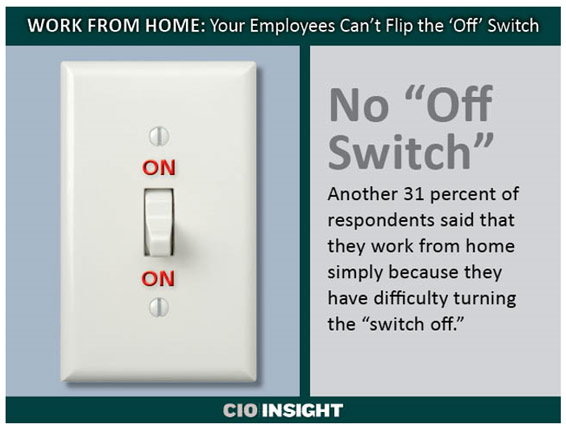
Millennials do not have an “Off” switch. That means they maintain 24/7 access to their communication devices to enable work or personal issues to be addressed. Professionally, Millennials don’t subscribe to “9 to 5” as did previous generations of workers.
They Are Gonna Do It Anyway. Millennial employees are the most likely to break overly strict BYOD rules. Notably, they’re doing it to work more effectively, not to create havoc.
A survey conducted by Trackvia, reveals the following observations from 1,000 Millennial respondents:
- 60% “aren’t concerned about corporate security when they use personal apps instead of corporate-approved apps” … because those apps aren’t up to the job. They’d much rather use apps that they believe are better.
- 69% say they never work in conjunction with IT department when selecting new business apps.
- 35% say they use their own apps … because corporate-approved apps can’t be used across different devices.
- While nearly 70% of respondents from the Baby Boomer generation said they never use “outside” apps to support their work, only 31% of the Millennials said the same. In other words, the percentage of Baby Boomers who didn’t use outside apps is about equal to the percentage of Millennials who did use them.
Conclusion. These four weighty realities in the makeup of Millennials, clearly points to the need to proactively plan and execute a strong BYOD program that will be supported by employees. Employees of this generation fervently seek flexibility as well as responsibility to maximize their productivity and sense of accomplishment.
And the positive side to their often rebellious nature is not to endanger their employers, but rather to improve their contributions to the enterprise. They love their mobile devices, and their view for work use and personal use is interchangeable. Millennials also tend toward the self-sufficient in seeking their own solutions to inefficient processes and business challenges.
So health care management and IT professionals can implement security solutions that simultaneously protect data plus enable an increasingly mobile workforce to perform effectively.
Initiating and Implementing an Effective BYOD Policy
From the foregoing, begin with the assumption that the rules will be broken, so deliver the tools necessary to keep their devices and your data safe. Some examples:
- Install antivirus and anti-malware protection for all types of devices.
- Use cloud technology to provide virtual desktops accessible via browser from any device. This eliminates the risk of data storage on remote or mobile devices. The win-win of this solution is employees have access to corporate data while working on-the-go … and IT managers are secure in the knowledge that sensitive corporate info is not compromised. Additionally, a lost or stolen mobile device can be disabled alleviating the risk of access by unauthorized persons that have it in their possession.
- Provide a resource to avoid using risky open WiFi networks. Alternatives include a VPN or hotspot.
- Employ “multiple-personas” for each device, e.g. one for professional applications and another for personal use. A user can switch between personas without malware or other access to company data.
Here is the PC Magazine comparison of The Best Mobile Device Management (MDM) Solutions of 2018.
An additional analysis of the best BYOD management software is offered by Technology Advice.
The Future Is Now
Mobile Business Insights cites a survey from Spok that reveals, 71 percent of healthcare leaders say that their employers allow some form of BYOD in the workplace. With that kind of juggernaut of healthcare employer acceptance … where is your organization in implementing a BYOD program and policy?
Mobile Business Insights offers a step-by-step guide to creating a BYOD policy that will serve any healthcare workplace well.
Summary
Millennials will persist as the dominant generation of workers for at least a decade. That said, healthcare employers will suffer unless they adapt a workforce BYOD policy that is acceptable to both management and employees. Given Millennials’ ties to technology, anything less will hinder the recruitment and retention of the best and brightest of this pool of talent.
Be Well,
Al Strickler
Strickler Medical, Inc.
“Let’s do some business and let’s have some fun!”
